Getting Ready for School Group helps kids prepare for kindergarten so they are able to meet their learning goals and milestones at primary school.
The program is designed to increase classroom participation across a range of areas including fine motor skills (early handwriting, cutting), social skills (sharing, taking turns, and waiting), attending skills (listening, following instructions and routine) and literacy skills.
Our team of therapists will help prepare your child to learn essential skills and activities so they feel confident and ready to thrive in the classroom.
Contact us directly or complete the form below to enquire.
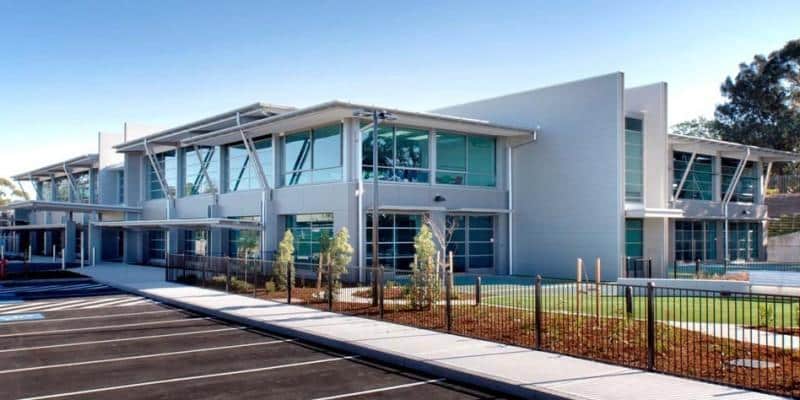
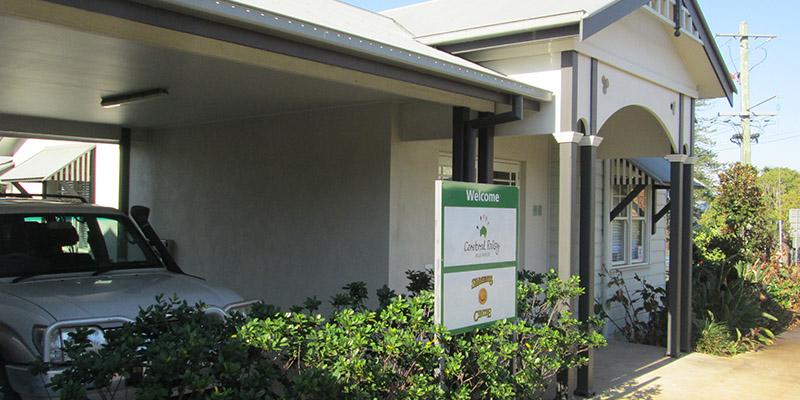
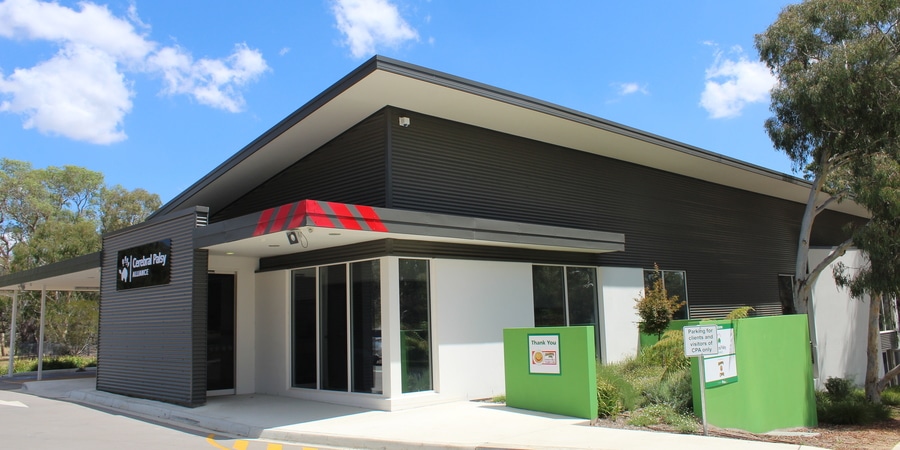
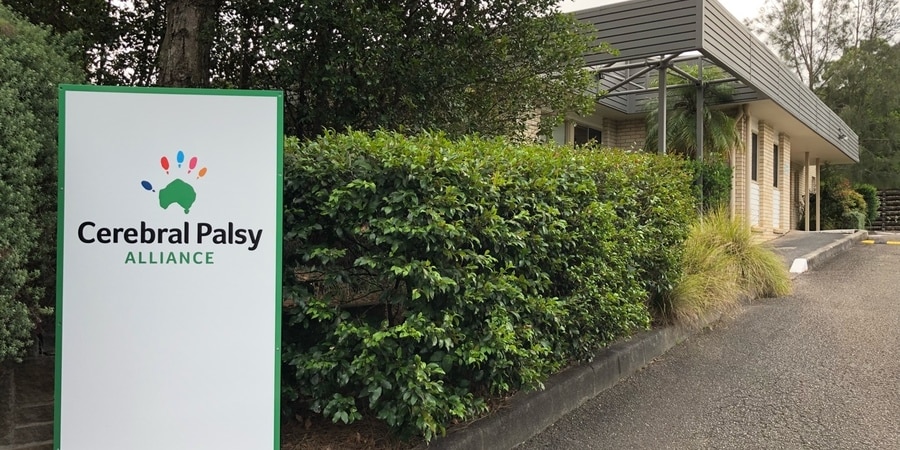
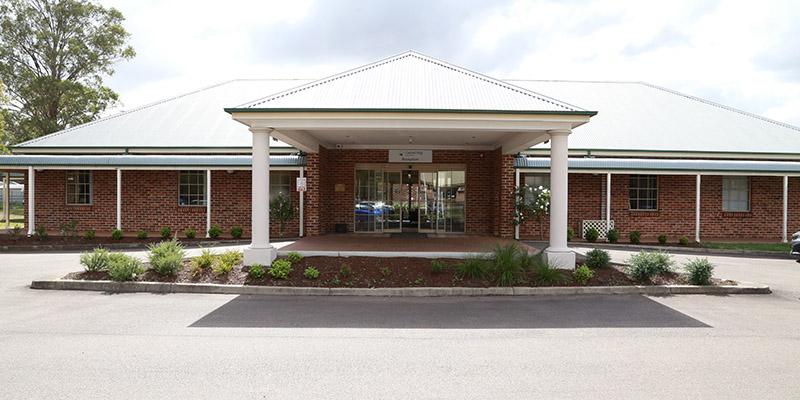
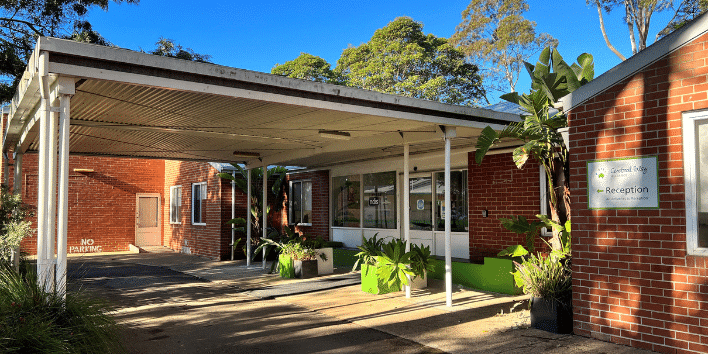
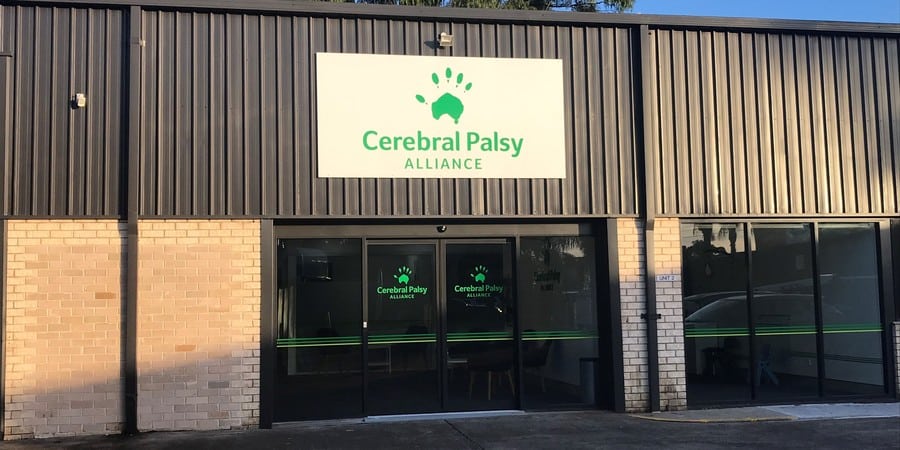
This service can be funded by your NDIS package
"*" indicates required fields